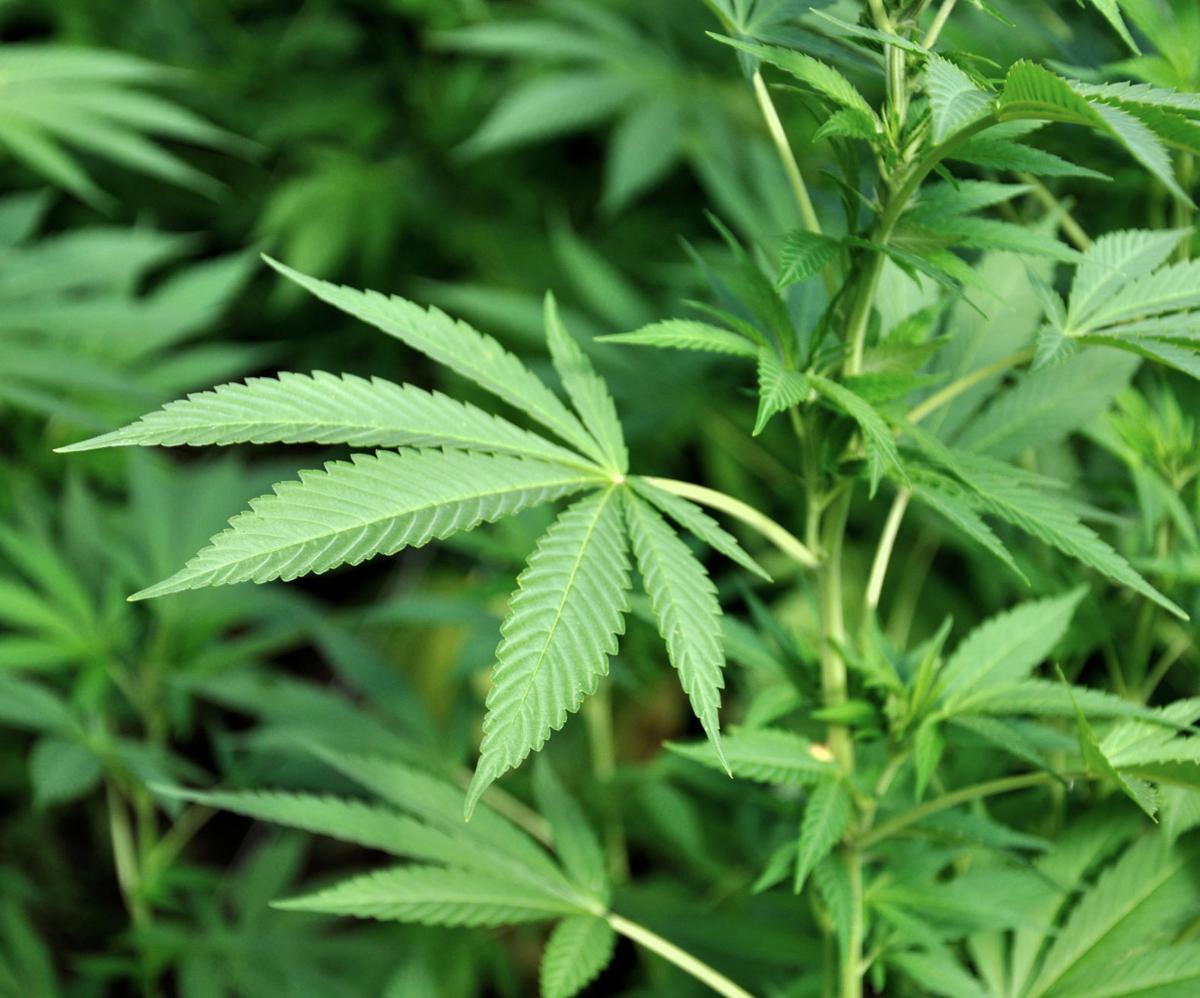The following column is the opinion and analysis of the writer:
This past Election Day, Arizonans voted on propositions that will change the course of the state’s politics for years to come. One measure, Proposition 207, made waves well before Nov. 3. No matter: Prop 207, which sought to legalize recreational marijuana for Arizonans 21 and over, passed.
Arizona has long had some of the nation’s strictest marijuana legislation. Prior to legalization, possessing under two pounds of marijuana could land you in prison for at least four months and cost you up to $150,000 in fines. These punitive policies play no small part in Arizona’s massive prison population, of which 20.8% are drug offenders.
That’s all obscene, but what’s arguably most damaging is the fact that possession of even minuscule quantities of marijuana results in a felony charge. Such charges last far beyond the initial jail time and financial hit that those convicted might incur — the loss of civil rights that comes with being a convicted felon persists for years.
Thankfully, that’s about to change.
Proposition 207 legalizes the recreational use of marijuana and outlines a number of other allowances tied to usage. However, it also allows people convicted of marijuana-related offenses to apply to expunge those charges from their criminal records starting on July 12, 2021. That might sound like a minor point, but since more than 10,000 people are arrested in Arizona every year on marijuana possession charges, Phoenix defense attorney Thomas Dean estimates that the expungement allowance could affect hundreds of thousands of Arizonans.
In the state of Arizona, people convicted of felonies lose the right to vote, the right to hold public office, the right to serve on a jury, and the right to own a gun; they may be barred from obtaining professional and business licenses; and they may be prevented from getting hired at certain jobs. All for committing a victimless crime.
It isn’t difficult to anticipate how Prop. 207 could alter Arizona’s criminal justice system. Arrest and imprisonment statistics could look drastically different in just one year’s time. But as of next July, we could witness an entire class of wronged Arizonans getting their civil liberties back. Expungement is a common-sense measure — why should we keep punishing people for a crime that we’ve decided is archaic?
Of course, it might be a while before we see expungements happening in large numbers. Expungement is a costly and complicated process, and many people convicted of drug felonies are simply unable to complete the necessary steps to clear their criminal records. But with initiatives like National Expungement Week helping spread awareness about legal requirements and offering assistance to those who wish to free themselves of now-moot felony charges, there’s hope.
Proposition 207 is certainly a victory for champions of individual rights and is long overdue. Arizona now joins 14 other states in allowing the recreational use of marijuana, and four of those fifteen legalized the drug on Election Day. But one of the greatest success stories to emerge from Nov. 3 will be the hundreds of thousands of Arizonans who will be able to resume their lives free of the burden of unjust marijuana charges.





